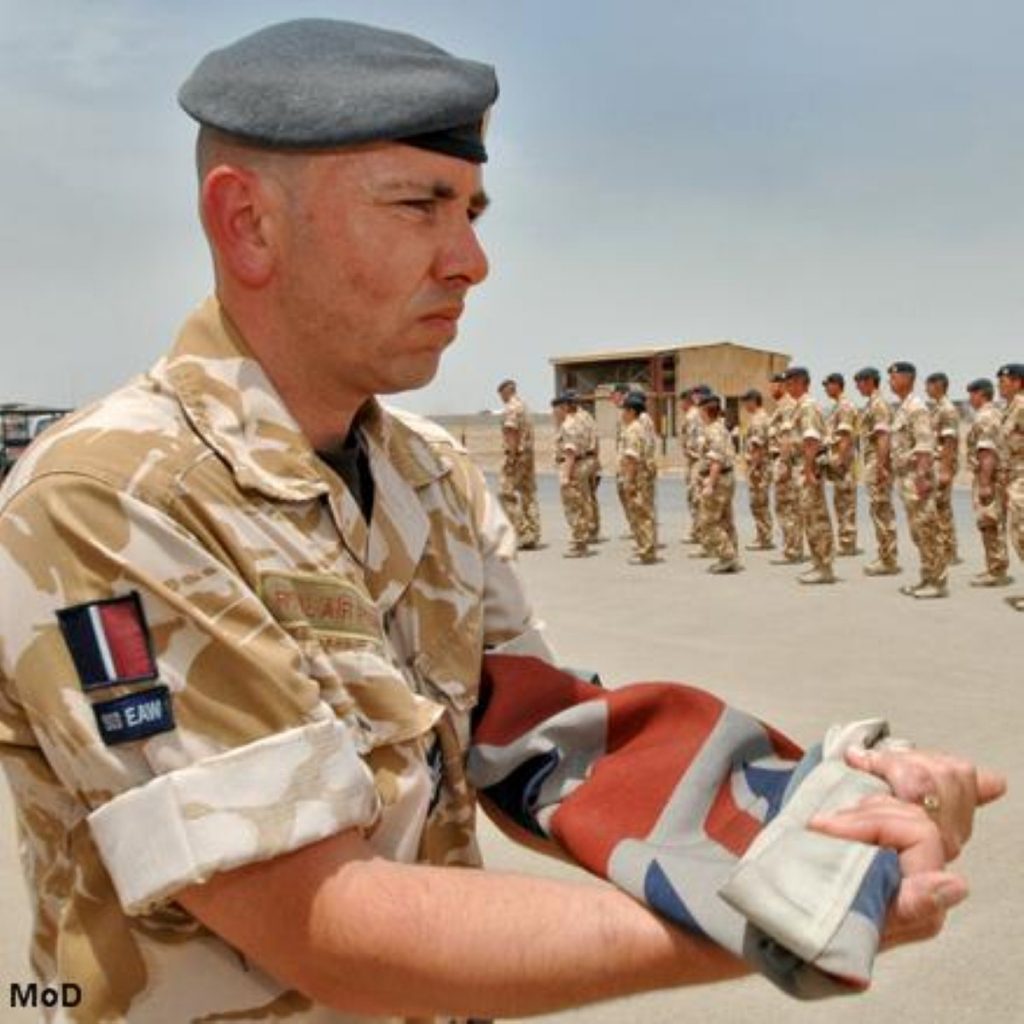Govt wins Iraq vote
By Ian Dunt and Alex Stevenson
The government has defeated a Conservative attempt to have the Iraq inquiry conducted in public.
It’s majority was cut to 39 votes, but the motion was rejected by 299 to 260 votes.
A government amendment welcoming the announcement of the inquiry was passed by 305 votes to 251.


Earlier in the day, foreign secretary David Miliband said the Iraq inquiry can “praise or blame whoever it likes”, despite Gordon Brown’s earlier insistence it will not be allowed to apportion blame.
The risk of the government losing the vote lessened considerably after a series of concessions were made after the announcement of an inquiry.
But the latest U-turn came earlier today as Mr Miliband revealed the inquiry would have ability to specify blame.
“It can praise or blame whoever it likes, it is free to write its own report at every stage,” he said.
Mr Brown told the Commons on June 15th: “As I have made clear, the primary objective of the committee will be to identify lessons learned. The committee will not set out to apportion blame or consider issues of civil or criminal liability.”
Downing Street later downplayed the significance of the slip. “[Inquiry chairman Sir John] Chilcot can say what he likes, he’s independent,” the prime minister’s spokesman said.
It was the latest change of stance on the inquiry from the government, which was on the receiving end of critical comments by shadow foreign secretary William Hague today.
“An inquiry that is seriously overdue cannot even get off to a clean start, but will spend an unspecified period of time adjusting its remit – a recipe for confusion rather than clarity,” he said.
“We appreciate the efforts of Sir John Chilcot to make up for the deficiencies of the initial announcement, but the government’s handling of this issue means that as things currently stand the inquiry starts its work with far less credibility in the eyes of the public or parliament than it should really have had.”
It now appears Mr Brown and former prime minister Tony Blair will give evidence in public, and that most of the inquiry will be conducted in the media spotlight, after its chairman, Sir John Chilcot, backed calls for transparency.
“The purpose of the inquiry is to learn the lessons and get to the truth,” the prime minister’s spokesman said.
“There’s no issue of principle about holding the inquiry in public provided of course the aims of the inquiry and national security are met.”
Senior military figures, former Iraq inquiry authors and John Major also spoke out calling for the inquiry to be made public.
“The government have only made some changes because of the pressure from the Conservatives but they are doing this hand to mouth and making it up as they go along,” David Cameron told the BBC.
“They need to come to the House of Commons and say it is predominantly public, they need a wider membership, they need military experience and they need to guarantee that Tony Blair, Gordon Brown, Alastair Campbell [former head of communications] give evidence in public.”
The prime minister has denied all talk of a U-turn despite backing down on the private nature of the inquiry.
“I’m trying to find a way of getting an inquiry that can satisfy people that we’re doing everything in our power to get to the truth while at the same time I think everybody understands you’ve got to take into account national security considerations and that you’ve got serving military who will want to give evidence sometimes in private,” he told the BBC.
Mr Cameron and Liberal Democrat leader Nick Clegg met Sir John under Privy Council rules yesterday.
The leaders received assurances that Mr Brown and Mr Blair would face a grilling, but Sir John apparently refused to introduce an oath at the start of a witness statement. He will, however, inform witnesses that they must tell the truth.
Opposition party calls for the inquiry to be wrapped up earlier than planned look set to be denied, due primarily to the increased legal advice witnesses will require if proceedings are conducted in public.
Mr Cameron and Mr Clegg are still lobbying for Sir John to publish an interim report, although he is unlikely to wish to publish this on the eve of a general election.
No 10 has made clear the government wants to avoid a Bloody Sunday inquiry which continues for years, however.

